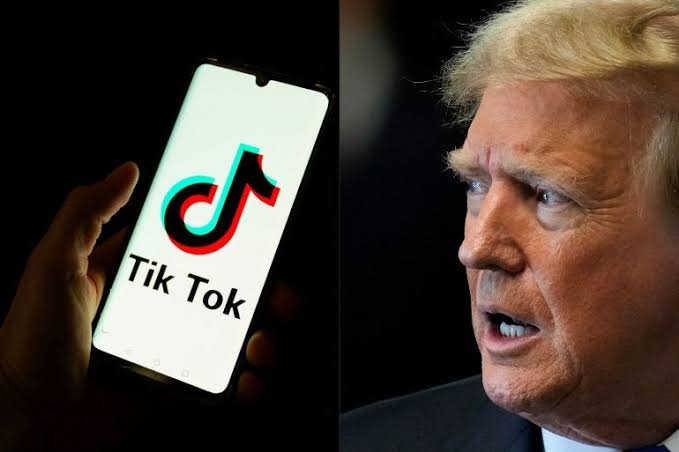In recent years, TikTok has become a cultural phenomenon, captivating millions of users worldwide with its short-form videos and creative content. However, the app’s rapid rise to prominence has not been without controversy, particularly in the United States. The government has imposed discussions regarding a potential ban of TikTok, citing various concerns that extend beyond mere user privacy. This blog post explores the key reasons behind the TikTok ban in the USA and the broader implications of such a decision.
National Security Concerns
One of the primary reasons for the proposed TikTok ban revolves around national security. TikTok is owned by the Chinese company ByteDance, and numerous lawmakers and officials have expressed apprehension that the Chinese government could access American users’ data. Such concerns are rooted in the fears of espionage, where sensitive information could be collected and utilized against U.S. interests.
The Committee on Foreign Investment in the United States (CFIUS) has been actively involved in reviewing foreign apps that operate within the U.S. due to potential national security threats. With the global rise in cyber threats and the increasing sophistication of data analytics, the fears regarding TikTok’s data handling practices have intensified.
Data Privacy Issues
Privacy is another significant factor driving the debate about TikTok. The data collected by the app can be extensive, including location, browsing habits, and social interactions. Critics argue that the app’s data collection practices may infringe on user privacy rights and compromise personal information.
In an age where data breaches are becoming more prevalent, the notion of a foreign entity managing a popular app with millions of users raises red flags. The worry is that users may unknowingly expose themselves to risks, with their private data potentially falling into the hands of those with malicious intent.

Influence on Young Populations
TikTok’s primary user base consists of younger individuals, including teenagers and young adults. While the app can be a source of entertainment and creativity, experts warn about the potential for pervasive influence on its younger audience. There are concerns surrounding the spread of misinformation, harmful trends, and negative content, which can have significant implications for impressionable youth.
The platform has faced scrutiny for how it manages content moderation, resulting in debates over whether it adequately protects users from harmful behavior or misinformation. This has led to calls from parents and advocacy groups for stricter regulations or outright bans.
The Impact of Geopolitical Tensions
The ongoing tensions between the United States and China further exacerbate the TikTok situation. Relations between the two nations have been strained over various issues, including trade disputes, human rights violations, and military tensions in the Asia-Pacific region. Banning TikTok could be viewed as part of a broader strategy to counter Chinese influence and promote national sovereignty.
Moreover, the decision to restrict or ban TikTok may also influence how American tech companies operate overseas and bolster support for domestic alternatives. This geopolitical angle adds another layer to the debate, raising questions about the role of technology in international relations.
What Comes Next?
As of now, the future of TikTok in the USA remains uncertain. While some lawmakers advocate for a full-scale ban, others are pushing for solutions that could allow the app to operate under stricter regulations and oversight. The ongoing discussions highlight the need for a comprehensive approach to data privacy that considers the impacts of foreign ownership, especially regarding apps that appeal to large demographics.
In conclusion, the discussions surrounding a potential TikTok ban in the United States are multifaceted, involving national security, data privacy, and geopolitical tensions. As the digital landscape evolves and the app’s controversy continues, it serves as a critical reminder of the need for ongoing dialogues about technology, privacy, and security in the modern world. Whether a ban is the appropriate solution remains a contentious issue, but the conversations surrounding it are essential for shaping the future of social media in the U.S.





